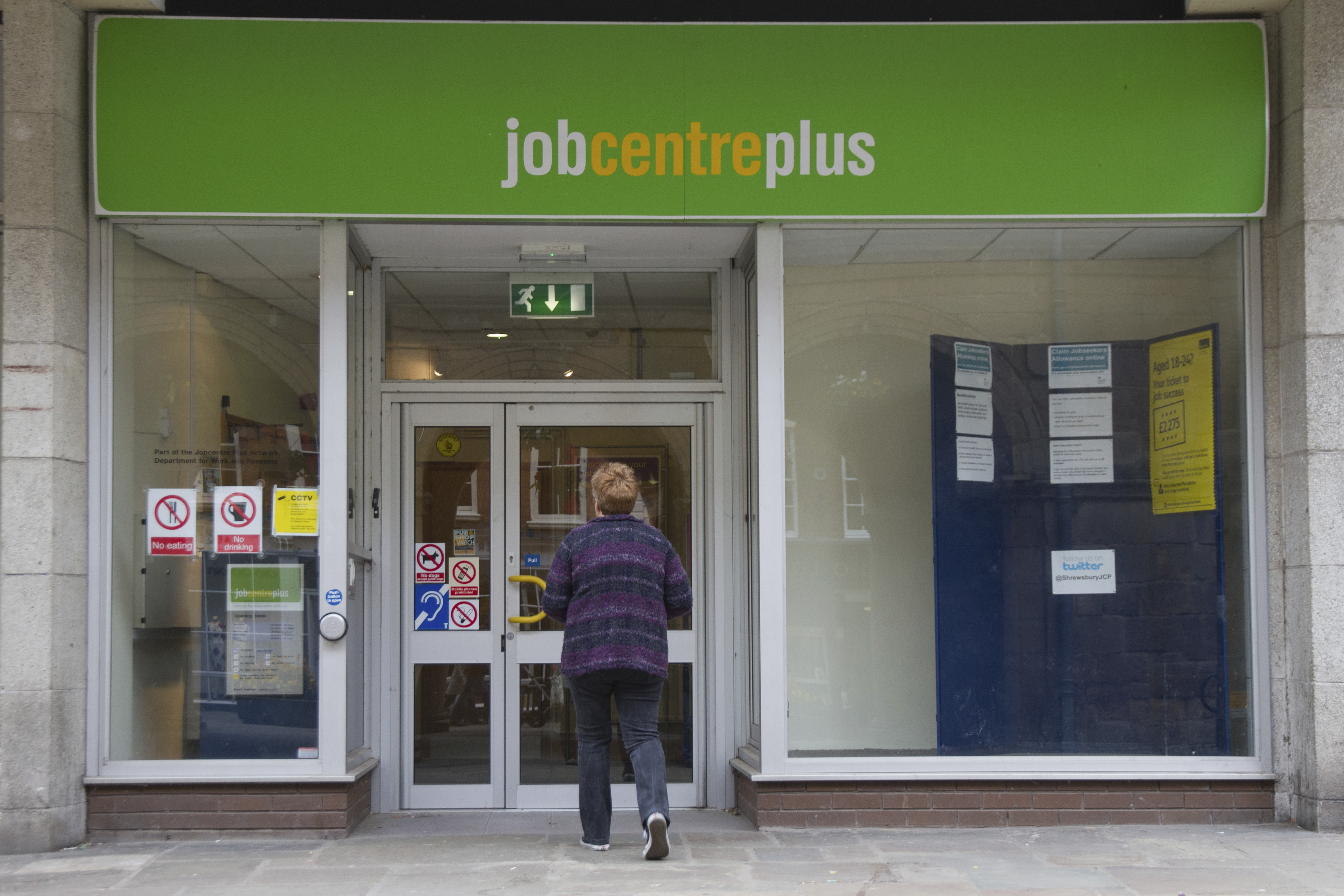Fresh hope
Disability rights campaigners are beginning 2018 with fresh hope following an end of year High Court victory against the government’s discriminatory welfare policies.
At the end of December, the High Court ruled that changes to eligibility rules for Personal Independence Payments (PIP) made at the start of 2017 were “blatantly discriminatory” against people with mental health issues.
The court said the regulations, which excluded people who have difficulty undertaking journeys because of psychological distress from receiving PIP, “cannot be objectively justified”.
The government insisted that the rules were fair because people with mental health problems have fewer needs than other disabled people who find it difficult to travel. The High Court said the government’s position was no more than subjective opinion and that there was no evidence to back it up.
The ruling could help more than 160,000 people with mental health problems, who may now be entitled to additional PIP support.
Secretary of Unite Community south east London branch Ellen Morrison attended the hearing in December, along with other Unite Community members.
â€Brilliant gift’
“It was a brilliant gift for disabled people before Christmas and welcome news for the many Unite Community members campaigning for disability rights,” Morrison said.
“It signals hope for many campaigners that the government isn’t infallible and that the cruel decisions of its benefit assessments can be brought into question.
“I wouldn’t be surprised if 2018 sees a lot more legal challenges, not just with PIP but with Universal Credit as well, which is also going to have a really devastating impact on disabled people.”
Head of Unite Community Liane Groves said the case – brought by the Public Law Project on behalf of an anonymous client – backed up the finding by a United Nations’ committee that the government’s benefit and austerity policy’s constituted systematic and grave violations of disabled peoples’ rights.
Groves said, “The government have been shown, again, to be behaving in a cruel and vindictive way towards disabled people.”
Rethink
The ruling should prompt the government to rethink their attempts to save money by targeting disabled people, commented Unite lead professional officer for mental health Dave Munday.
Munday explained that making life more difficult for those with mental health problems was often counterproductive, as it results in further demands on already stretched health services.
He said, “Take the case in point: The affect is not just that the individuals concerned will be unable to travel but that they will be seriously disadvantaged in their ability to participate in society.
“The effect of this is to likely worsen their mental health condition further. For the professionals involved, including our mental health nurse members, it puts even more pressure on their ability to support the people they care for.”
 Like
Like Follow
Follow


